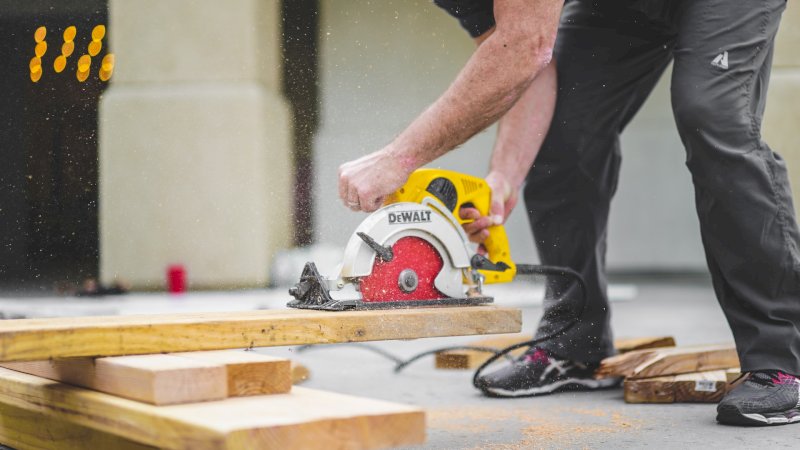Handyman

A handyman is a versatile professional skilled in performing various maintenance, repair, and improvement tasks in residential and commercial settings. Unlike specialized tradespeople such as electricians or plumbers, handymen handle a broad range of general maintenance and minor repair jobs, providing a flexible and cost-effective solution for home and business owners. While handymen typically address basic issues like fixing appliances, installing fixtures, or completing small-scale carpentry and painting jobs, they are not licensed to perform complex tasks that require specialized training. For intricate repairs, a handyman often refers clients to licensed professionals.
Typical Handyman Duties and Responsibilities
A handyman’s job involves a variety of tasks, including:
- Installing shelves, curtain rails, and picture frames
- Replacing fuses, light bulbs, and plugs
- Fixing leaking taps and unblocking sinks
- Painting, decorating, and minor carpentry tasks like door adjustments
- Cleaning gutters and performing basic gardening or landscaping work
- Handling minor electrical repairs such as installing smoke alarms or thermostats
Handymen may specialize in specific areas like carpentry, plumbing, roofing, landscaping, or electrical work, but they are generally expected to be adaptable and resourceful.
Work Environments and Schedule
Handymen can work in diverse settings, including residential homes, schools, hospitals, offices, and hotels. They may be employed by service companies, construction firms, or work independently. While most jobs are completed during standard weekday hours, self-employed handymen often offer emergency services that require availability on evenings or weekends.
Earning Potential for Handymen
Handyman salaries in the UK range from £20,000 to £45,000 annually, depending on experience, location, and specialization.
- Entry-level roles typically pay between £20,000 and £24,000 per year.
- With specialized skills in electrical repairs or plumbing, earnings can rise to around £32,000 annually.
- Experienced handymen with advanced qualifications may earn over £35,000 annually.
How to Increase Earnings
- Specialization: Learning advanced plumbing or electrical skills can boost hourly rates.
- Experience: Gaining hands-on experience through apprenticeships or internships enhances credibility and job prospects.
- Self-Employment: Running your own handyman business allows you to set competitive rates and build a client base.
How to Become a Handyman
No formal education is required to become a handyman, but apprenticeships and short courses in areas like carpentry, plumbing, or electrical repairs can improve job prospects. Popular qualifications include City & Guilds, BTECs, and NVQs.
On-the-job training is common, allowing you to shadow experienced professionals before taking on tasks independently. Licenses may be required for specific work, such as HVAC repairs or advanced electrical tasks.
Key Skills and Competencies
- Practical abilities for using and maintaining tools and equipment
- Knowledge of building and construction principles
- Problem-solving and attention to detail
- Strong communication and customer service skills
- Physical strength and dexterity for demanding tasks
Career Path and Progression
Handymen often start as apprentices and advance to supervisory roles or specialize in a particular trade like plumbing or carpentry. With experience, many choose to become self-employed, offering tailored services or managing their own repair and maintenance business.
Why Hire a Handyman?
A handyman is an all-in-one solution for home and business maintenance needs. Their adaptability and wide-ranging skill set make them invaluable for handling minor repairs and upkeep tasks that might otherwise require multiple specialized tradespeople.
Work With Extra Workforce
Joining Extra Workforce as a handyman offers a great opportunity to gain valuable industry experience. We connect hardworking individuals with top employers, ensuring the right fit for both parties.
Why Choose Extra Workforce?
- We specialise in matching candidates with roles suited to their skills and goals.
- Our team provides ongoing support, from building a professional profile to securing the perfect job.